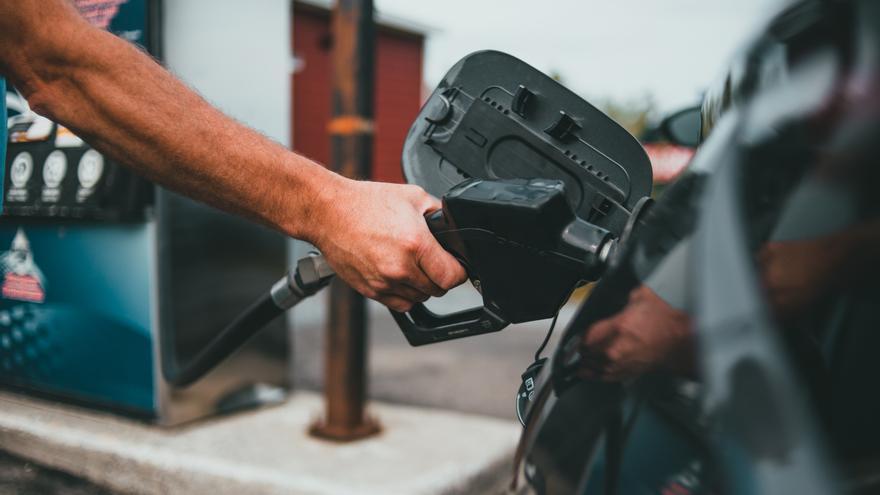The CSIC and CEPSA join forces to test these fuels, which can reduce CO2 emissions by 90%
The Higher Council for Scientific Research (CSIC) and Cepsa have signed an agreement to study the possible planting of energy cover crops in rural areas of Spain to produce biofuels second generation
As a first step, it is planned to jointly carry out a technical-economic study of different areas of the country with the aim of determining the most suitable cultivation areas, taking into account the viability of the plantation and analyzing the “most suitable” crops in each area and their CO2 absorption capacity.
Expand sourcing of circular raw materials
The objective of this agreement is, in the words of Cepsa’s director of Biofuels, Javier Antúnez, to expand the obtaining of circular raw materials for the production of second generation biofuels, which will allow “promote the decarbonization of sectors whose electrification is complex“, As the heavy transport by road, sea or airat the same time that they generate “new economic and development opportunities for the Spanish countryside”.
Cover crops act as a protective barrier for the soil against erosion during planting periods, as well as contribute to the increase in soil fertility, the increase in the retention capacity of rainwater or a greater absorption of CO2. Cover crops act as a protective barrier for the soil against erosion during planting periods, as well as contributing to increasing soil fertility, increasing rainwater retention capacity or greater CO2 absorption.
By promoting this type of crop, as the CSIC has pointed out, it is possible to maximize the profitability of the same piece of landincreasing its quality, diversifying its income and maintaining activity throughout the year.
non-food crops
“In Spain there is potential for the introduction of non-food crops in land not used for food production or at times of the year when the soil is not cultivated”, stated the researcher at the CSIC’s Institute of Sustainable Agriculture (IAS), Leonardo Velasco.

Likewise, Velasco has assured that the institution has spent years researching new crops that can provide raw materials for the production of biofuels. “within a sustainable management of natural resources such as soil and water”as well as renewable energy sources.
Reduce 90% of CO2 emissions
Part of the biomass produced by these crops can be used to generate biofuels, which can reduce carbon dioxide emissions by 90%. Thus, Cepsa will be able to complement its sources of raw material supply for the production of biofuels, one of the challenges of the industry and which, by 2030, the company estimates to have an annual production capacity of 2.5 million tons from them.
The CSIC’s participation responds to the entity’s policy of Transfer your research results to the private sector in order for public research to have a real impact on society. Thus, this project is an initiative led by the Green Horizon Interdisciplinary Thematic Platformin which researchers from three CSIC centers (Institute of Sustainable Agriculture, the National Institute of Agricultural and Food Research and Technology and the Institute of Grease).
……
Contact of the Environment section: [email protected]
